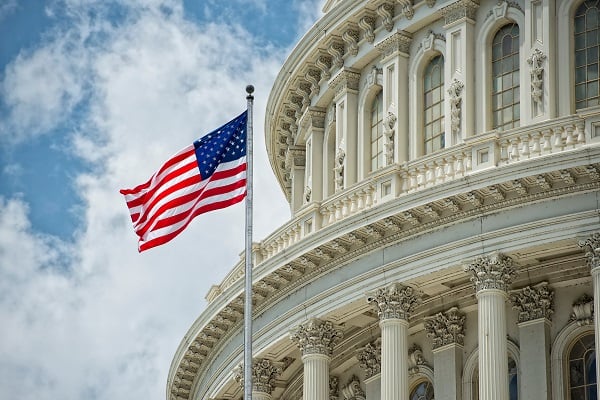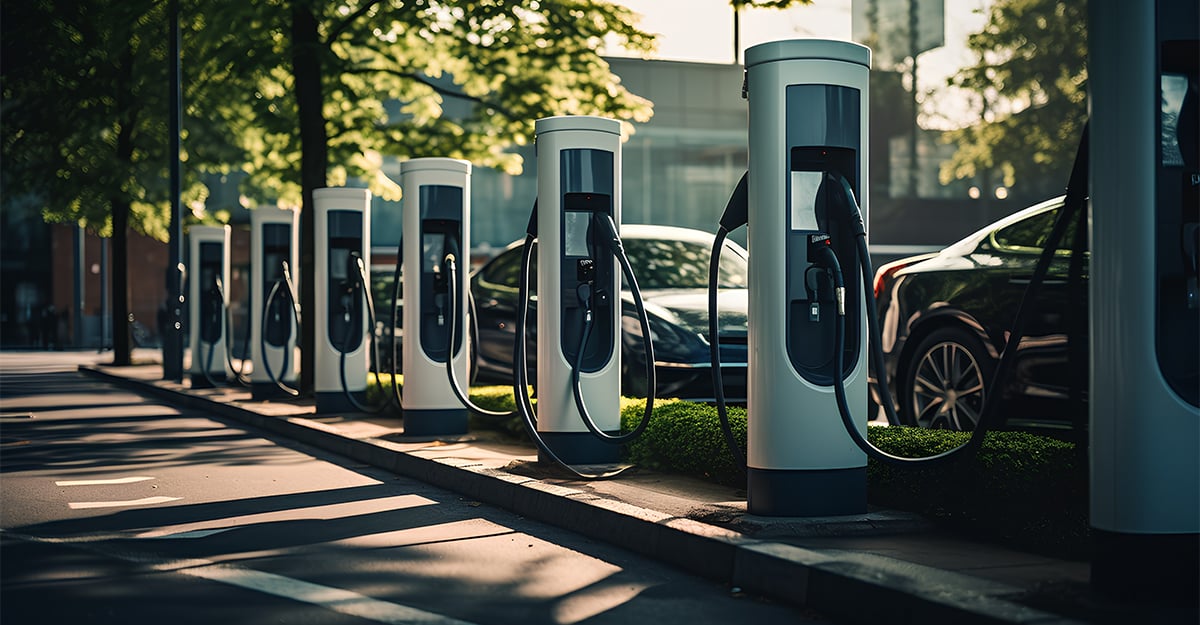Congress Eliminates Corporate Average Fuel Economy (CAFE) Penalties for Passenger Cars and Light Trucks
In one of its many changes, the One Big Beautiful Bill Act, enacted on July 4, 2025, eliminated civil penalties for noncompliance with federal fuel economy standards. Specifically, Section 40006 of the Act amends the language of the Corporate Average Fuel Economy (CAFE) statute to reset the maximum civil penalty to $0.00. Although the statute and its implementing regulations otherwise remain in place, this amendment removes any civil penalties for producing passenger cars and light trucks that do not meet fuel economy requirements.
EPA Updates Clean Air Act Standards Applicable to Small Waste Incinerators
On June 30, 2025, the U.S. Environmental Protection Agency (EPA) finalized updates to its New Source Performance Standards (NSPS) and Emission Guidelines for Other Solid Waste Incineration (OSWI) units under the Clean Air Act (CAA). These units — combustion systems that incinerate solid waste from commercial or institutional sources not otherwise regulated under specific incinerator categories — include very small municipal waste combustors and institutional incinerators. The final rule includes applicability-related and definitional changes expanding the class of incinerators subject to NSPS, revises the OSWI subcategories and tightens emission limits for key pollutants. It also adopts changes to startup, shutdown, and malfunction (SSM), and expands testing, monitoring, reporting, and recordkeeping requirements that will affect both existing and new OSWI units.

Top 5 Energy Actions You Should Know from President Trump’s First Day
On January 20, 2025, President Trump began his second term with the signing of 26 executive orders (EOs), which included the recission of almost 80 EOs of the previous administration. Trump’s orders contain both repeals of key Biden Administration policies and calls to agency action to reassess treatment of major energy issues associated with domestic energy production. Here are the top five actions to know from President Trump’s first day as the new administration begins its reshaping of U.S. energy policy for his second term in office.
Vermont and New York Climate Acts are First in a Wave of Likely Climate Change Cost Recovery Laws
On May 30, 2024, Vermont’s Republican governor, Phil Scott, allowed Vermont’s S 259 — also referred to as the “Climate Superfund Act” — to become law without his signature. The stated goal of this law is to mitigate the impacts of climate change.
The Newest Phase of EPA’s Greenhouse Gas Emissions Standards: Phase 3
On March 29, 2024, the U.S. Environmental Protection Agency (EPA) announced its most recent national greenhouse gas (GHG) pollution standards for heavy-duty (HD) vehicles, including HD vocational vehicles and tractors. The rule establishes new CO2 emission standards for model year (MY) 2032 and later HD vehicles, with more stringent CO2 standards phasing in as early as MY 2027 for certain vehicle categories.

California Air Resources Board Will Workshop Omnibus Regulation Amendments
The California Air Resources Board (CARB) announced that it will hold a public workshop to discuss amendments to its Heavy-Duty (HD) Engine and Vehicle Omnibus (Omnibus) Regulation. The amendments have been proposed following extensive discussion between CARB and the Engine Manufacturers Association (EMA) during 2023, which culminated in CARB agreeing to revise its heavy-duty vehicle emission standards to align more closely with U.S. Environmental Protection Agency standards.
U.S. EPA Sets Stricter National Ambient Air Quality Standards for Particulate Matter
On February 7, 2024, the U.S. Environmental Protection Agency (EPA) issued a final rule under the Clean Air Act lowering the primary (health-based) annual National Ambient Air Quality Standard (NAAQS) for fine particulate matter 2.5 micrometers in diameter or smaller (PM2.5) from 12 to 9 micrograms per cubic meter (µg/m3). EPA asserts that the stricter standard is based on scientific evidence showing that the current PM2.5 standard (12 µg/m3), which was established in 2012 and retained in 2020, does not sufficiently protect human health. According to EPA, based on air monitoring data from 2020-22, 119 counties would not meet the new standard of 9 µg/m3.

U.S. Department of Transportation Announces $623M in Grants for Electric Vehicle Infrastructure
On January 11, 2023, the Department of Transportation (DOT) announced $623M in grants to expand electric vehicle (EV) charging infrastructure. The grants are part of the Infrastructure Investment and Jobs Act’s Charging and Fueling Infrastructure Discretionary Grant Program and have been made available to fund 47 EV charging and alternative fueling infrastructure projects in 22 states and Puerto Rico. Ranging from $500,000 to about $68.3M, 36 of the grants were awarded to EV charging and hydrogen fueling “community” projects in rural and urban communities, while the remaining 11 grants were awarded to “corridor” projects focused on fueling along roadways to assist in establishing national EV charging and alternative fueling networks.
U.S. EPA Publishes New Regulations Governing State Plans for Existing Sources of Emissions
On November 9, 2023, the U.S. Environmental Protection Agency (EPA) published implementing regulations that set timelines and other requirements for state plans to limit pollution from existing sources under Clean Air Act (CAA) Section 111. The amended provisions apply to all emissions guidelines published after July 8, 2019, and will affect the scope and pace of development of updated performance standards for existing facilities.
EPA Proposes Stricter Air Pollution Limits on Reclassified Area Sources
On September 21, 2023, the U.S. Environmental Protection Agency (EPA) published a notice of a proposed rule, “Review of Final Rule Reclassification of Major Sources as Area Sources Under Section 112.” The proposal adds requirements for regulated sources of hazardous air pollutants (HAPs) to reclassify from major source status to area source status under the National Emission Standards for Hazardous Air Pollutants (NESHAPs) program. Stakeholders who qualified under the revised policy adopted by the Trump administration should particularly take note of this further change by the Biden administration’s EPA. Comments are due by November 13, 2023.


